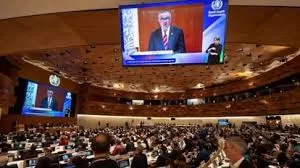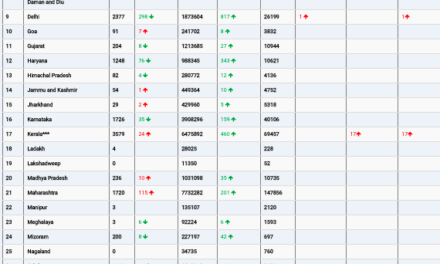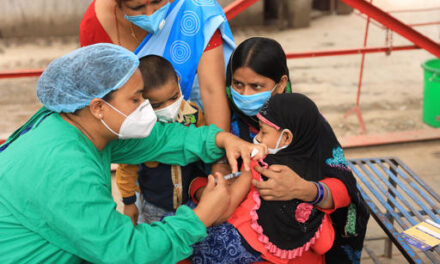India’s Leadership in Traditional Medicine Digitisation Recognised Globally
Selangor, Malaysia — At the 10th International Conference on Traditional and Complementary Medicine (INTRACOM) 2024, held at the National Institutes of Health (NIH) in Selangor, Malaysia, India emerged as a global leader in modernising Traditional Medicine (TM). A high-level delegation led by Secretary of the Ministry of Ayush, Vaidya Rajesh Kotecha, showcased India’s pivotal role in the development of the ICD-11 TM2 module, a revolutionary step in standardising and digitising TM worldwide.
The conference, which focused on the integration of digital technologies in healthcare, highlighted the ICD-11 TM2 module as a transformative milestone for global health. Speaking at the WHO-led discussions, Secretary Kotecha emphasised how the module will bring TM into the mainstream of healthcare by enabling comprehensive documentation of disorders, patterns, and services. He stated, “The ICD-11 TM2 module will revolutionise traditional medicine by providing standardised tools for measuring outcomes, cost-effectiveness, and safety, driving innovation and enhancing global healthcare systems.”
India’s Contribution to the ICD-11 TM2 Module
The ICD-11 TM2 module, featuring 529 categories of TM disorders and patterns, allows for extensive data collection and analysis. India played a critical role in its development, leveraging its ancient systems of Ayurveda, Siddha, and Unani, which are supported by well-established practices and regulations. The Ministry of Ayush has already initiated training programs for the module’s implementation in collaboration with the National Commission for Indian System of Medicine (NCISM).
“We remain committed to supporting WHO in advancing the International Classification of Health Interventions (ICHI) framework, ensuring traditional medicine is fully integrated into global healthcare systems,” Kotecha added.
Driving Innovation Through Digital Integration
India’s broader initiatives to integrate digital health with TM were also spotlighted at the conference. These include the National Digital Health Ecosystem under the Ayushman Bharat Digital Mission and the NAMASTE Portal, which facilitates seamless convergence of TM and mainstream healthcare.
The 10th INTRACOM provided a platform for discussions on the transliteration and maintenance of TM2 entities, including their alignment with national standards. India’s approach to modernising TM through digitisation and international collaboration sets the stage for global healthcare innovation.
A Vision for the Future
As India continues to champion the digitisation of traditional medicine, its efforts underscore its commitment to global health and wellbeing. “The migration of the TM2 module to the ICD-11 main browser will mark another critical step in integrating traditional medicine into the global healthcare framework,” Kotecha concluded. “Together, we can achieve health for all.”
The conference reinforced India’s position as a leader in traditional medicine innovation, highlighting its ability to merge ancient practices with cutting-edge technology to address global healthcare challenges.












